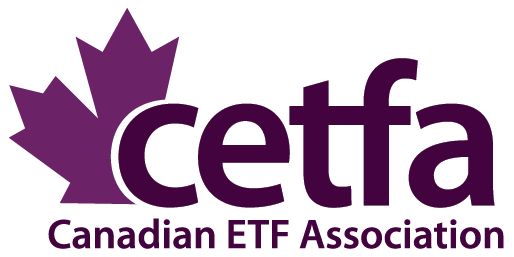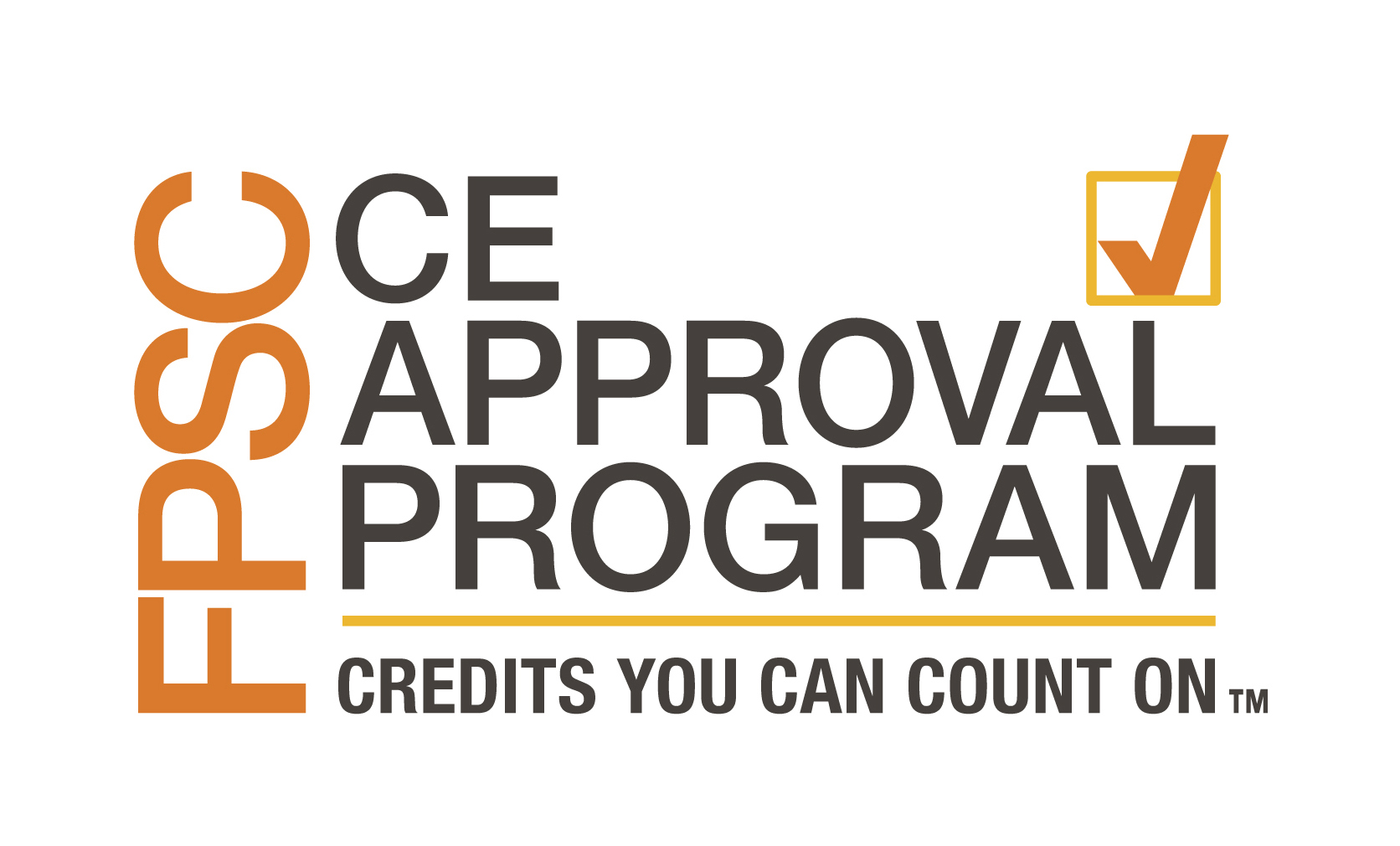Give students a discount, high school business teachers tell firm
http://www.thestar.com/business/article/902575--give-students-a-discount-high-school-business-teachers-tell-firm - December 06, 2010
Rita Trichur
Toronto-based CSI, formerly known as the Canadian Securities Institute, offers more than 170 courses on financial topics but is probably best known for its securities course — a key requirement for a slew of financial services jobs.
CSI, which was recently acquired by Moody’s Corp. for $151.4 million (U.S.), does not sell its securities course textbook as a standalone item. Only those who pay the entire cost of taking the course, which is more than $900 (Canadian), are given access to the material.
Still, not everyone pays full price. CSI provides corporate discounts to big banks and other financial institutions, while offering other concessions to some 55 post-secondary institutions.
CSI says the material is aimed at finance professionals so it does not work with high schools or school boards.
As a result, some business teachers are crying foul.
“They weren’t willing to give us their resources, their textbooks, unless all the kids paid $900,” said Michael Whalen, a business teacher at Bill Crothers Secondary School in Unionville, Ont. “We said that was ridiculous.”
He knows of about eight other York Region teachers who have run into similar roadblocks with CSI, but suspects the problem likely extends to business teachers across Ontario.
The main problem is that many high school students, while extremely ambitious, simply cannot afford the costly course fees. Some students are too poor, while others are struggling to save for university. Their high schools are also in no position to absorb the entire cost.
While many who take the securities course are already working adults, teachers say growing numbers of Ontario teens are being prepped for their CSC exams as part of high school business classes.
Those students are eager to get a head start at a time when Toronto is actively marketing itself as global financial hub and the sector is facing a looming talent shortage.
They are keenly aware the CSC is a prerequisite for a number of business careers including financial planners, discount brokers, investment representatives and bank officers.
The course itself covers a range of subjects ranging from regulations, investments, market analysis, portfolio management, taxation and business ethics.
“We want to utilize the textbooks as resource to teach the student from,” said Whalen, who teaches some CSC material as part of a grade 12 university-level course about personal finance and investments.
The course is a business elective, designed for students considering a career in finance. Not all Ontario school boards currently offer it but demand is growing, teachers say.
While the Ministry of Education does not require teachers to instruct students on CSC material for the investments class, teachers say failing to do so would be a major disservice to their pupils.
Since Whalen himself has successfully completed the securities course, he has access to the entire online textbook. Copyright rules, however, limit him to photocopying only 10 per cent of it for educational use.
Nick Hatzimalis, a business teacher at Richmond Hill High School, said CSI has a “lack of interest” in assisting secondary schools.
Hatzimalis received his securities course certificate partly to prepare himself to teach the new high school investment course.
One of his colleagues is currently teaching that class and was left scrambling for materials, so Hatzimalis contacted CSI in an effort to help.
“The response I got from their education department was that CSI is only assisting post-secondary institutions with resources and not high schools,” he said.
CSI does not work directly with high schools, teachers or school boards because the securities course material is mostly intended for finance professionals, said Dylan Fedy, senior director of marketing and customer insight.
“What we don’t do is sell the textbooks on their own to anyone. And nor would it be appropriate at a high school level because of the complexity of the material,” Fedy said.
“I am at a bit at a loss to help understand why our course would be in a high school curriculum, and why these teachers would be finding themselves needing to get their hands on our material.”
Besides, he said, CSI makes its living by selling its intellectual property. “That’s what we own, and that’s how we make our business. So we’re not in the habit of giving it away.”
Banks and other financial institutions qualify for corporate discounts because they do high-volume purchases of various CSI courses.
Some post-secondary institutions also qualify for a smaller price cuts because significant numbers of their students formally enroll in the securities course, and they pay tuition to have professors teach the materials, he added.
Nonetheless, Fedy suggested that CSI would be open to talking with ministry officials and school board representatives about potentially building new courses for Ontario high school students.
Mike Feenstra, a spokesperson for Minister of Education Leona Dombrowsky, said while financial literacy is already part of the elementary and secondary curriculum, that content will be bolstered in September 2011.
Among the topics, student will learn how the financial system works, investing basics along with essential information about pensions, borrowing, insurance and taxes.
The ministry, however, has no plans to throw its considerable weight behind its business teachers’ pleas for student discounts on CSC course material.






Follow SUI